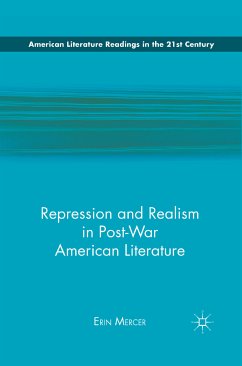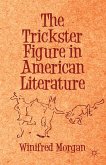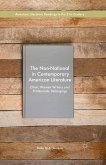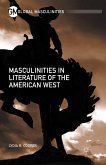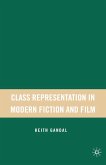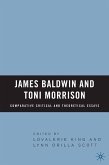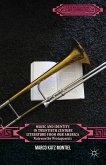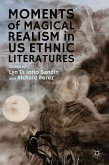Dieser Download kann aus rechtlichen Gründen nur mit Rechnungsadresse in A, B, BG, CY, CZ, D, DK, EW, E, FIN, F, GR, HR, H, IRL, I, LT, L, LR, M, NL, PL, P, R, S, SLO, SK ausgeliefert werden.
"Repression and Realism in Post-War American Literature is a substantial, well organized, and lucidly written contribution to the field of early post-war American literature and culture. Its argument that unconscious conflict generated by the World War II is most accurately perceived in the realist novel and not, as has been more commonly claimed, in post-war popular culture is original, insightful and convincingly supported." - Eluned Summers-Bremner, Senior Lecturer, University of Auckland
"Reading post-war American literature through the lens of the Freudian uncanny, Repression and Realism in Post-War American Literature intriguingly and persuasively demonstrates how the period s most representative realist texts are haunted by the gothic memories of World War II. Thanks to Mercer s fresh and unique viewpoint, this bookmakes one of the most effective contributions to problematizing the long-standing binary oppositions between realism and gothicism and between psychoanalysis and contextual criticism." - Ki Yoon Jang, Assistant Professor of English, Sogang University

